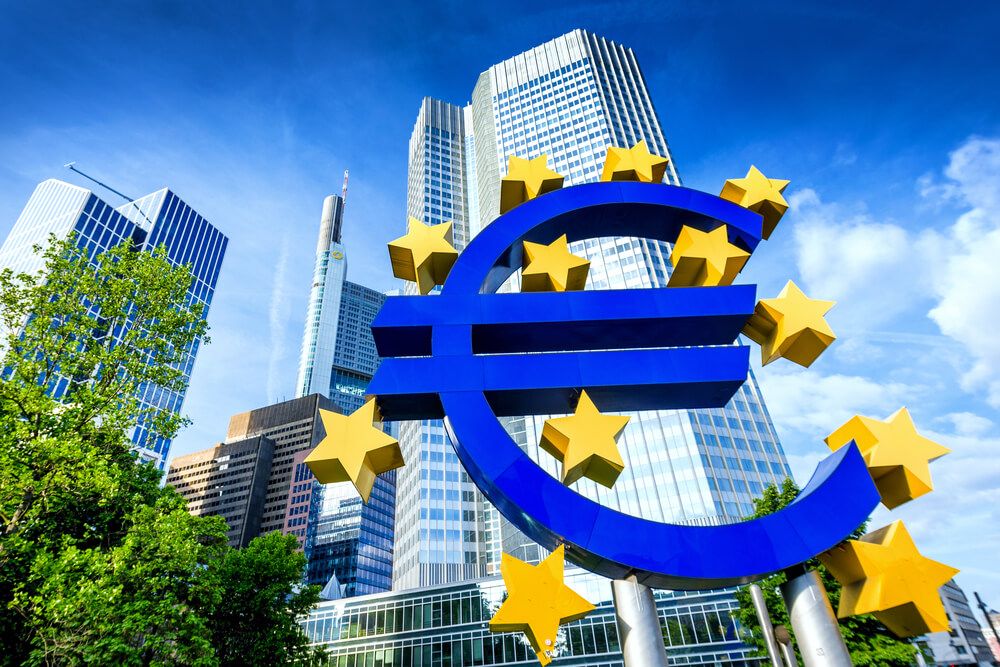
The Bank of Namibia has adjusted its inflation projections downward for 2025 and 2026, signaling a more optimistic outlook on price stability.
This revised forecast, revealed in the latest Monetary Policy Committee (MPC) statement released on Wednesday, now pegs inflation at 3.9% for 2025 and 4.3% for 2026.
“The revision for 2025 primarily reflects the smaller-than-anticipated increment in administered prices and a stronger exchange rate,” Bank of Namibia governor, Johannes !Gawaxab said.
Looking at the annual inflation, !Gawaxab said that it averaged 3.6 %during the first five months of 2025, lower compared to 4.9% during the same period in 2024.
“The deceleration was primarily observed in the housing, transport, and alcoholic beverages categories. Additionally, inflation fractionally edged down to 3.5% in May 2025, from 3.6% in the preceding month, mainly on account of slower inflation in housing, augmented by the deflation in transport,” he explained.
In terms of real gross domestic product, looking ahead, !Gawaxab said growth is projected to marginally improve from an estimated 3.7% in 2024 to 3.8% in 2025 and 4% in 2026.
“This outlook, however, is susceptible to some key downside risks, including tariff restrictions, prolonged multilateral policy uncertainty, and depressed international diamond prices. Additionally, escalating geopolitical tensions, including the recent Israel-Iran conflict, could significantly weigh on growth. Domestically, water supply interruptions, especially in coastal towns, and animal disease outbreaks, as well as slow development budget execution, may continue to pose downside risks to growth,” he said.
Additionally, during the announcement, !Gawaxab said the MPC decided unanimously to keep the Repo rate unchanged at 6.75%, a full percentage point decrease compared to a year ago.
“Commercial banks are accordingly expected to maintain their prime lending rates at 10.50%. This policy stance will continue safeguarding the one-to-one link between the Namibia Dollar and the South African Rand while supporting domestic economic activity,” he said.


No comments:
Post a Comment